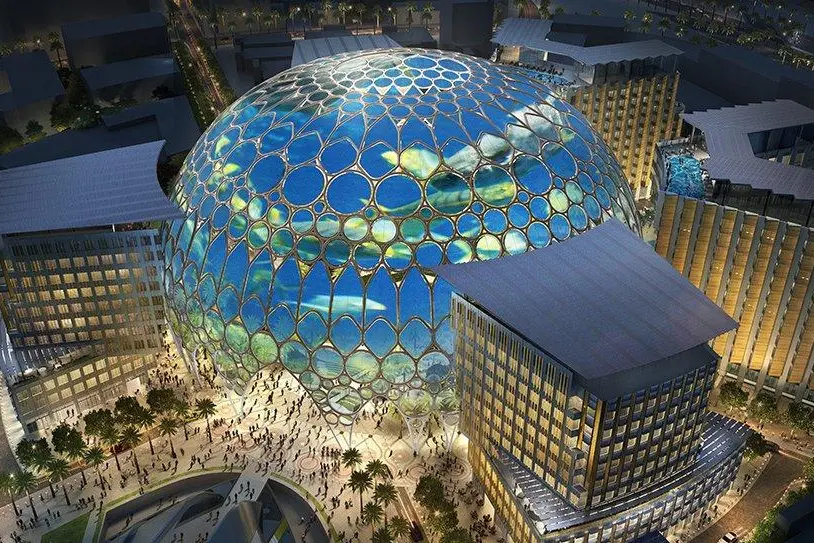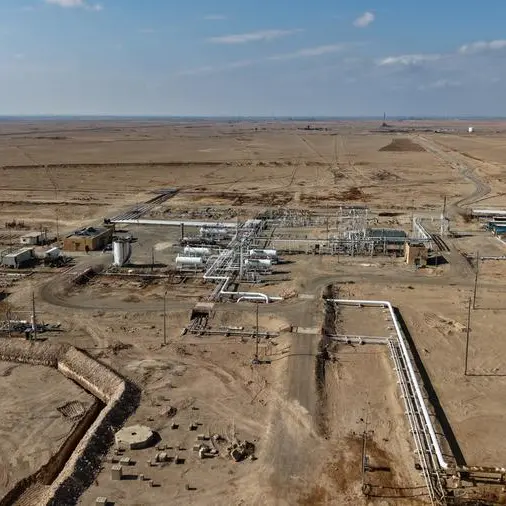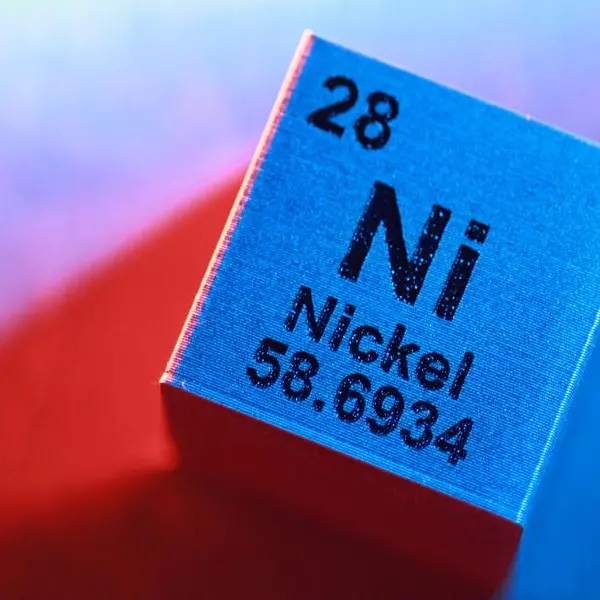PHOTO
Aotearoa New Zealand’s values-led approach to foreign affairs seeks to ignite connections between Indigenous & Tribal Peoples globally through the delivery of Te Aratini during Tolerance and Inclusivity Week at Expo 2020 Dubai from November 17 to 19.
Expo 2020 will take place in the UAE a place which, like Aotearoa New Zealand, is home to more than 200 nationalities. This shared diversity and respect for different cultures provides the ideal platform for Te Aratini to showcase the value of Indigenous & Tribal cultures.
Te Aratini will mark a culturally significant moment in the history of World Expos with Aotearoa New Zealand leading the collaboration of Expo participating countries to showcase the untapped potential Indigenous & Tribal Peoples offer to solving global issues.
With the heralding in of Matariki, the M?ori New Year, Aotearoa New Zealand is calling for international participants to join Te Aratini and be a part of the movement toward greater inclusion and acceptance of Indigenous & Tribal Peoples’ knowledge and know-how.
“For many Indigenous & Tribal peoples, including M?ori, our beliefs are grounded in whakapapa (or genealogical connections) that establish relationships between people, the environment and the spiritual world. In the wake of the global pandemic these beliefs and values can help shape the world’s much needed commitment toward empathy, sustainability, and intergenerational solutions for wellbeing,” said Nanaia Mahuta, Minister of Foreign Affairs for New Zealand.
“Relationships are the cornerstone of Aotearoa New Zealand’s international connections. It is timely that Te Aratini will create a movement toward enhancing global relationships and exploring how to more proactively empower the resurgence and regeneration of Indigenous economies. Globally we can collectively build back better, fairer, more inclusively and more indigenously,” she also added.
Indigenous & Tribal Peoples’ economies provide the foundation upon which many modern societies are built and now flourish. Approximately 370 million people worldwide identify as Indigenous Peoples, and the UN’s Sustainable Development Goals (SDGs) state that true sustainable development is not possible without “protecting the traditional knowledge and territories of Indigenous people.”
Te Aratini will foster the development of a deeper, more holistic, understanding of economic inclusion and the converging roles of culture, community, commerce and conservation in the protection, maintenance and resurgence of the world’s Indigenous & Tribal economies.
Commenting on New Zealand’s lead role in Te Aratini, Clayton Kimpton, New Zealand’s Commissioner-General to Expo 2020 Dubai, said: “We are extremely honoured to be hosting the first ever Festival of Indigenous and Tribal Ideas alongside the Iwi Chairs Forum, and other participating nations at a World Expo. The special status of M?ori, as tangata whenua or Indigenous People, is central to Aotearoa New Zealand’s identity. Many of our values are deeply rooted in the beliefs of tangata whenua and our pavilion’s theme of Care for People and Place is underpinned by the M?ori environmental ethos of kaitiakitanga. The pavilion will show how kaitiakitanga is a ‘way of life’ amongst many New Zealanders and drives how we innovate through business, technology and creativity.”
Te Aratini is being developed in partnership with the Iwi Chairs Forum through the guidance and vision of Ngahiwi Tomoana, tribal leader of one of Aotearoa New Zealand’s most prominent iwi, Ng?ti Kahungunu. He explains: “When Indigenous & Tribal Peoples talk trade, it’s not just about products and Free Trade Agreements. We’re talking more deeply about relationships, reciprocity, and responsibility to our communities. We live by the view that culture counts in commerce, community, and conservation. So, in forging trading relationships it is critical that healthcare, environment, language and culture are all part of that broader trade and economic policy conversation.
“Te Aratini is intended to ignite our ancient relationships where time and circumstance has impeded our ability to keep some of those connections warm, and to nurture and strengthen those relationships that have manifested and re-connected over the past few decades,” continued Tomoana.
Visitors to the New Zealand pavilion will be introduced to the story of the Whanganui River, one of the nation’s most precious natural resources and the first river in the world to gain legal rights under Te Awa Tupua (Whanganui River Claims Settlement) Act 2017. The innovative legislation recognises the river as a living and indivisible whole with Indigenous values that guide and support its health and wellbeing.
The powerful, universal story is designed to encourage visitors to connect with and care for people and place and to create a paradigm shift from exploiting to valuing our relationship with natural resources.
-- TradeArabia News Service
Copyright 2021 Al Hilal Publishing and Marketing Group Provided by SyndiGate Media Inc. (Syndigate.info).
Disclaimer: The content of this article is syndicated or provided to this website from an external third party provider. We are not responsible for, and do not control, such external websites, entities, applications or media publishers. The body of the text is provided on an “as is” and “as available” basis and has not been edited in any way. Neither we nor our affiliates guarantee the accuracy of or endorse the views or opinions expressed in this article. Read our full disclaimer policy here.





















